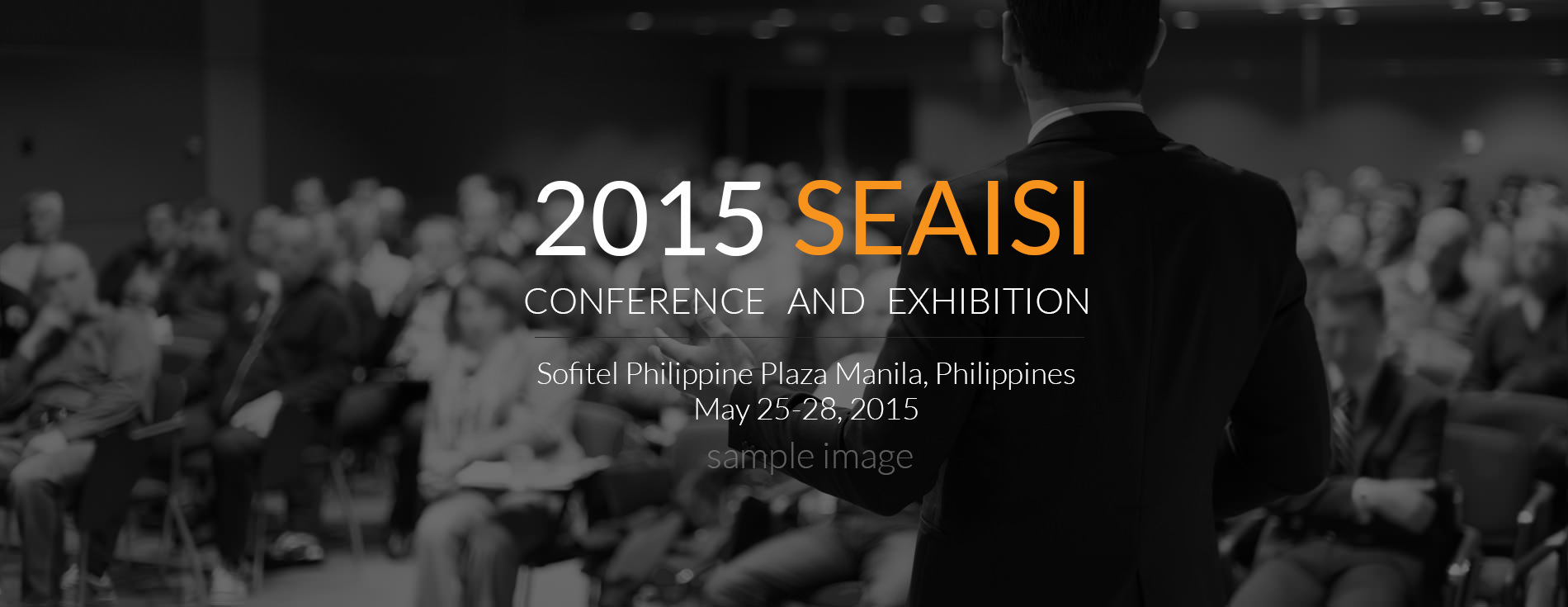SEMINAR ON ‘INDUSTRIAL MAINTENANCE MANAGEMENT SYSTEM’ (IMMS)
September 23 & 24, 2016 8:00 a.m. to 5:00 p.m.
Clermont Room 22/F Discovery Suites ADB Avenue, Ortigas Center, Pasig City
During the last decade, the development of theories, practices, methods, and techniques in the field of maintenance has been very rapid. The basic technologies, especially reliability and maintainability engineering, the methods of calculating the life cycle cost and availability performance, design techniques for minimizing maintenance requirements and maximizing the production capacity of plant and equipment, have all contributed to the advancement of maintenance from a position of minor to one of the major significance in industrial management.
This training course on Maintenance Management is designed to provide the engineering staffs, supervisors, manager of an industrial plant the concepts, principles, and tools necessary in cost-effective management.
SEMINAR OBJECTIVES:
1. To broaden, develop and upgrade the participant’s knowledge about methods for maintenance management and how maintenance is integrated in production. It will also provide the participants with an opportunity to enhance their skills in reliability engineering, maintainability engineering, and application of operation analysis methods to maintenance.
2. To provide the participants with opportunities to understand the importance of maintenance management system & the practical application of Result-Oriented Maintenance Management System.
3. To develop the participant’s abilities to analyze, to select the proper maintenance procedures, techniques, strategy and other related systems and organisation in order to solve maintenance problems.
4. To update the participants of the present trend and challenges in maintenance.
5. To give the participants the “tools” for the calculation of the most economical maintenance strategies and help develop a good information system and that is the Computerized Maintenance Management System (CMMS).
RESOURCE SPEAKER:
Rene Santos is a Mechanical Engineer with MS Degree in Engineering on metallurgy & maintenance from Nagoya Institute of Technology, Japan. He is an expert in maintenance
management and with several years of experience in the implementation of the system in several companies. He developed and presented a paper entitled “Development of Computerized Maintenance Management System (CMMS) in a Steel Company” which won for himself Best Technical Paper during the 1991 Convention of the South East Asia Iron & Steel Institute. He serves as a Technical Consultant of the United Nation Industrial Development Organization (UNIDO) for the maintenance computerization of steel industries in ASEAN countries. He presented CMMS in some international conventions such as the ILAFA Convention in Monclova, Mexico, CMMS Expert Group Convention of UNIDO in Singapore, and SEAISI Convention in Manila in 1991. He is a regular resource speaker on Maintenance Management System and CMMS in UP-NEC, MAPHIL (Maintenance Association of the Philippines), Kaizen International, MIRDC, PDC-DAP, PSME (Phil Society of Mechanical Engineers) and in other national institutions. He was a former director and a founding member of the Maintenance Association of the Philippines (MAPHIL). He has maintenance experience in chemical, steel, pharmaceutical, and food industries. He worked with Planters Products Inc., Armco-Marsteel alloy Corporation, Interphil Laboratories Inc. and lastly as Engineering Director of Pepsi Cola Phils. He undergone several training in maintenance field in Japan and Sweden.
COURSE OUTLINE:
1. Maintenance Concepts & Overview
1.1. Objective of maintenance
1.2. Definitions and Advantages
1.3. Types of Maintenance
1.4. Key Factors for Successful Maintenance Activities
2. Maintenance Trends & Challenges
2.1. Modern maintenance Management
2.2. Maintenance evolution and trends
2.3. Quality Strategy for Maintenance
3. Preventive Maintenance System
3.1. Maintenance System Models
3.2. Definition of Preventive Maintenance
3.3. What is Optimum maintenance Cost
3.4. Classification of PM
3.5. Merits and Demerits of PM
3.6. Steps in Implementing PM Program
3.7. PM Modules
4. Work Order System
4.1. Key to Effective Maintenance Management
4.2. What is a Work Order?
4.3. Job Priorities
4.4. Designing the Work Order
4.5. Using the work Order
4.6. Work Order Flow
4.7. Benefits of WO Control system
5. Maintenance Strategies and Techniques
5.1. Maintenance Techniques
5.2. Maintenance Strategies
5.3. Failure Development time
5.4. The Challenges Facing Maintenance
5.5. Six Failure Patterns
6. Maintenance Performance Metrics
6.1. Availability Performance (A)
6.2. Reliability Performance (MTTF)
6.3. Maintainability Performance (MTTR)
6.4. Key performance Indicators (KPI)
7. Maintenance Organization
7.1. Definition & Basic Concepts
7.2. Basic functions of Maintenance Organization
7.3. Types of Organization
7.4. Merits and Demerits of Each Maintenance Organization
7.5. Roles of Maintenance Staffs
7.6. Job Specifications of Maintenance Planner
7.7. What Kind of Organization should be chosen
8. Life cycle Costing
8.1. Basic concepts of LCC
8.2. Lifetime Phases
8.3. User Involvement
8.4. Life cycle Cost Calculations
9. CMMS – A Great Tool for Maintenance
9.1. CMMS & Its Objectives
9.2. What CMMS does?
9.3. Benefits & Payback of CMMS
9.4. Features of CMMS
9.5. Failure Analysis with CMMS
9.6. Role of CMMS
9.7. CMMS Software short demonstration
10. Spare Parts System
10.1. Spare Parts Objectives
10.2. Main Reasons for Having Spares
10.3. Classification of Spares
10.4. Maximum-Minimum System
10.5. Maintenance Store Components
10.6. Conditions Tending To Increase Inventory
10.7. Conditions Tending To Reduce Inventory
10.8. Advantages of Centralized Maintenance Storerooms
10.9. Advantages of Decentralized Maintenance Storerooms
10.10. Organization for Maintenance Stores Control
10.11. Three Points of View
10.12. Modern Spare Parts Management
PARTICIPATION FEE : P 5,000.00 per person – BUFFET Lunch, Coffee, Snacks, certificate of attendance & Seminar Papers will be provided.
FOR FURTHER INQUIRIES, PLS. CONTACT: MS. TIPPI Tel. 631-0773 Fax 636-5263 Mobile 0917-6259483 E-mail: pisisteel@yahoo.com.ph







